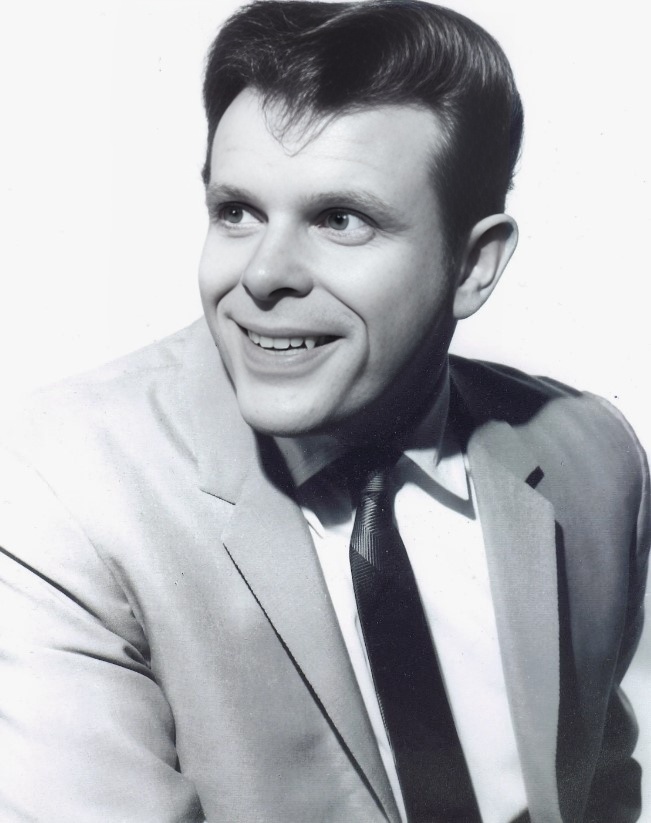
Del Shannon’s “Runaway” is a timeless classic of early rock and roll, instantly recognizable by its haunting Musitron solo and Shannon’s signature falsetto. Released in 1961, the song catapulted the Michigan-born singer-songwriter (born Charles Westover) to international fame, solidifying his place in music history.
“Runaway” tells a story of heartbreak and loss, capturing the raw emotion of a man desperately searching for his lost love. The lyrics, simple yet powerful, depict a protagonist consumed by loneliness and regret, wandering aimlessly as he grapples with the pain of separation. The driving rhythm and minor-key melody perfectly amplify the song’s melancholic atmosphere, creating a sense of urgency and desperation that resonated deeply with listeners.
The song’s success was immediate and overwhelming. It topped the Billboard Hot 100 chart in the United States, holding the number one spot for four weeks. It achieved similar success internationally, reaching the top of the charts in the UK and several other countries. While “Runaway” didn’t win any formal awards at the time, its enduring popularity has earned it numerous accolades over the years. It’s been ranked among the greatest songs of all time by Rolling Stone magazine and inducted into the Grammy Hall of Fame in 2002, a testament to its lasting impact.
The audience response to “Runaway” was, and continues to be, phenomenal. It was embraced by teenagers experiencing the throes of first love and heartbreak, and its universal themes of longing and loss have ensured its relevance across generations. The song’s unique sound, particularly the pioneering use of the Musitron (an early synthesizer), captivated listeners and influenced countless musicians, cementing its place as a groundbreaking and deeply influential piece of popular music. The song’s catchy melody and unforgettable chorus made it an instant earworm, contributing to its enduring popularity.